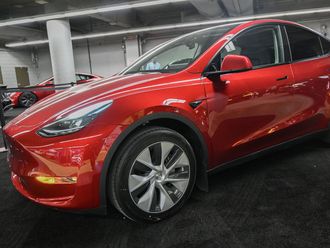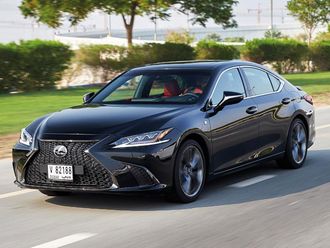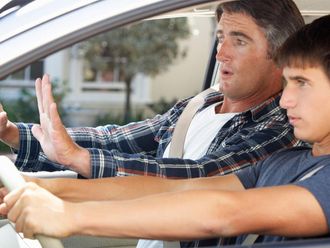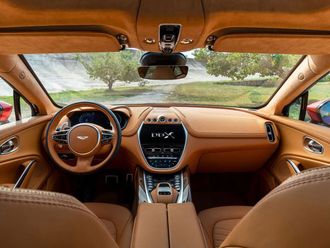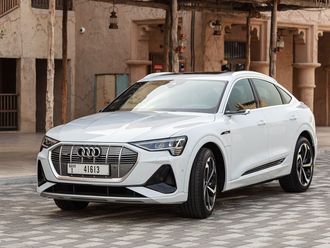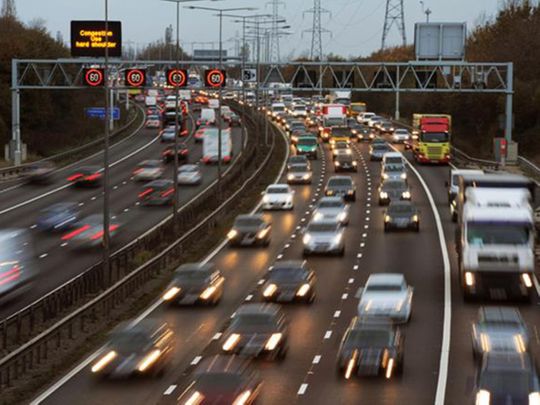
The COVID-19 pandemic has already had an extensive impact on almost all facets of our lives. The automobile industry has been among the worst hit with car sales dipping substantially over what was an already dull 2019. Now, a new survey published today says the way society views and uses public transport and personal vehicles has been altered drastically due to the pandemic and will have far reaching consequences on the future of personal mobility.
The study projects a dramatic fall in car use, especially for rural areas and a major rise in the use of two-wheel transport. The survey, done among commuters and drivers in the UK by consumer and market insight agency 7th Sense Research, shows that 25 per cent of drivers expect to use their car less after lockdown, 40 per cent of motorbike users in large cities will use their vehicles more, 60 per cent of commuters in large cities will rethink their public transport use, and Gen-Z and Millennials will lead the charge in adopting new modes of transport.
Major change should come as no surprise – even before lockdown – however, we found some surprising results which herald much deeper, long-term causes and effects than just COVID-19,” says Fergus McVey, CEO of 7th Sense Research UK Ltd. “From the inevitable shortfall in funding that rail operators will face due to a drastic fall in ticket sales, through to the willingness of Gen-Z to a look for alternative solutions, like it or not we are in the midst of a transport revolution.”
The survey’s results also show why investment in road, rail and new types of infrastructure will need to evolve to meet a change in priorities for the population, affecting car and technology manufacturers, as well as local authorities and governments.





